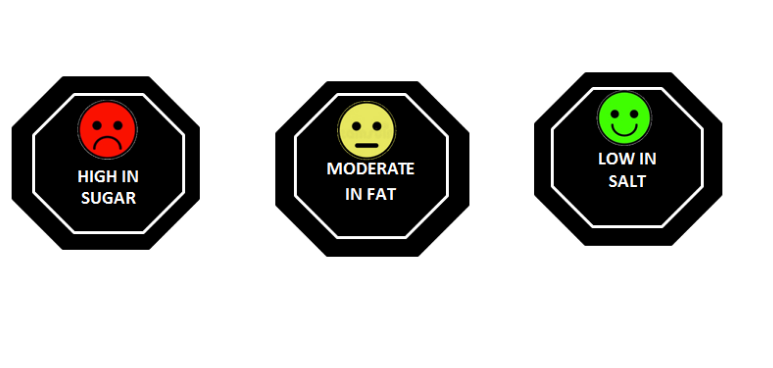Inside BENEO’s new pulse plant: pioneering sustainable protein from faba beans
Enlightening and assisting consumers to identify and pick easily available foods that are affordable and convenient, but still nutrient dense and sustainably sourced, will likely be more profitable to business and in turn the society
Front of package labeling (FoPL) regulation in India for ultra-processed packaged foods has long been pending due to the go slow attitude of the regulator and stiff opposition from the food industries for their own various reasons.
While several nations have implemented stronger regulations through introduction of FoPL in food products and subsequently witnessed lower rates of non-communicable diseases (NCDs), no such restrictions are still in place in India. In fact, NCDs are now responsible for more than 65 percent of all deaths in the country.
So as a part of its advocacy efforts, CUTS recently made an attempt to map and analyse the present position of the food industry regarding the FoPL in the light of ‘India spotlight index 2020’ for fifteen leading companies with major market share.
The mapping largely based on secondary research revealed that a few of the MNCs headquartered in India have both current practice and intention to adopt compliance in full but several others MNCs, small and medium food manufacturers need to be nudged or coerced for the same.
During the CUTS mapping, it was observed that no nutritional information about their food products was found on the company’s websites in six (five headquartered in India) companies and one had information for less than 10% of their products, while two others, one headquartered in India and another outside, had information for 10-49% of products.
Another leading brand headquartered in India had 50-90% of products with online nutrition information on their website and three headquartered in India and two outside India had more than 90% of product nutrition information available online on their websites.
Five industry players publicly disclose their claims, commitment and approach, out of which three are headquartered in India. These three companies, including three others headquartered outside India displayed a commitment to provide back of pack nutrition information on some / all nutrients not covered by Indian regulation (in force in 2019) on saturated fat (separate to total fat), trans fat, dietary fibre and sodium (salt).
The India Spotlight Index also scored labelling of 15 companies on dimensions of commitment, performance and disclosure. Nine out of fifteen companies scored above 6 in commitment while 7 scored above 8 in commitment. All companies were assigned a score of 0 (Zero) on performance and five had a respectable score over 6 in disclosure.
Mapping identifies several facilitating factors and barriers related to these stakeholders are also synthesized in detail. Some of the facilitating factors concerning these stakeholders are the availability of best international practices, a small set of well-informed consumers, peer pressure, laudable research institutions and public health research and advocacy institutions to generate, collate and feed evidence to FOPL policy and prior experience of the companies to implement FoPL as they are doing it for other international markets where FoPL is mandatory.
Barriers in implementing FOPL identified are industry reluctance due to vested interests, economic benefits of the food processing industry that gets adversely impacted if FOPL is mandated in the desired form like in other countries, suboptimal research in the realm of behavior change communication and consumer preferences to enable design enforcing and monitoring by regulatory authorities, less educated and less informed consumers towards FoPL etc.
George Cheriyan, Director, CUTS International opined that there are still quite unaddressed issues on the FoPL regulation like considering positive nutrients in the FoPL, thresholds for different categories of foods like solids/ liquids/beverages and dairy,design of FoPLand mandatory implementation of the FoPL regulation etc. He urged the industry to not fear unwantedly regarding reformulation of their products since global evidence suggests that healthy choices provided by Industry are widely accepted by common consumers due to increased consciousness about their health. He called on the industry to support an effective and consumer friendly FoPL in India for the sake of health of common consumers.

